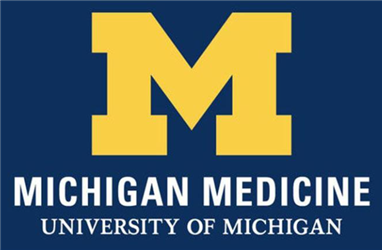Michigan Spinal Cord Injury Model System
What's in this section:The National Institute on Disability Rehabilitation and Research (NIDRR) has identified eighteen hospitals across the United States as Spinal Cord Injury Model System Hospitals. These institutions offer exceptional "systems of care" that integrate the latest research and education findings into spinal cord injury treatment and rehabilitation. Spinal Cord Injury Model System Hospitals are at the forefront of cutting-edge research aimed at developing innovative treatments and evaluating service delivery for comprehensive spinal cord injury medical care. Their innovations span from new clinical interventions and pharmaceutical treatments to experimental interventions like stem cell implantation and electrical stimulation. Additionally, they focus on developing assistive technology such as voice-recognition and computer adaptations, as well as manual and electric wheelchairs designed to minimize pressure sores and reduce contractures. Other advancements include robotics, like exoskeleton mobility devices, and artificial intelligence to enhance communication and promote independence, ultimately enhancing quality of life. These hospitals also conduct various clinical trials and interventional studies to test new drugs, medical devices, and clinical procedures aimed at improving functionality and daily living for individuals with spinal cord injuries. Information on these activities, as well as how to participate in spinal cord clinical study registries to stay informed about new studies and research findings, is provided below. Additionally, eligibility criteria for clinical trial participants are outlined for those interested in participating.
|
